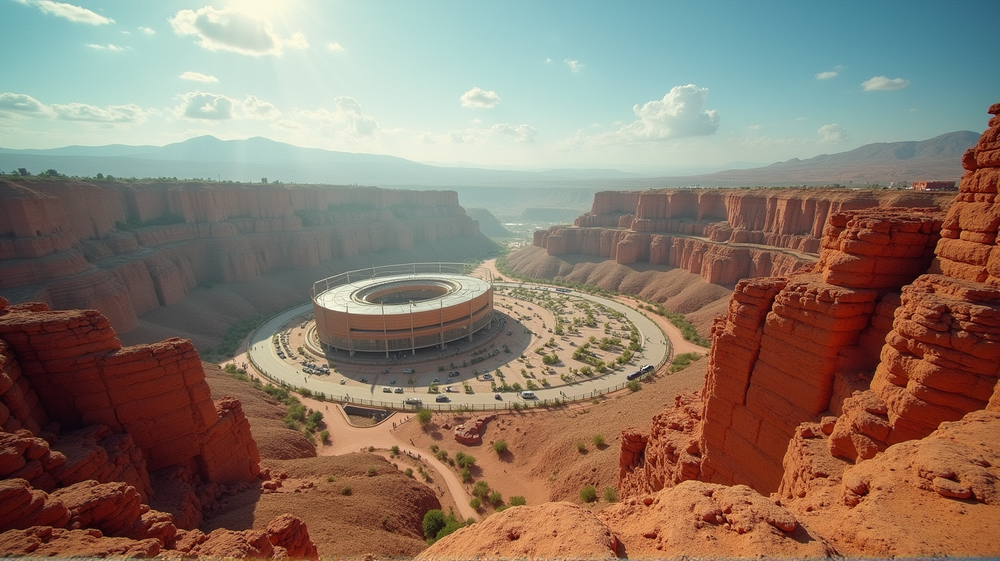The debate rages on in Morocco as the nation contemplates whether to channel funds into the prestigious World Cup or prioritize pressing social issues like education and healthcare. At heart, this is not merely an economic decision but a choice reflecting a deeper concern for national welfare and prosperity—an issue more complex than it appears on the surface. As stated in Morocco World News, striking the right balance could redefine Morocco’s trajectory, both at home and on the international stage.
The Argument Against Prioritizing the World Cup
For many Moroccans, the idea of hosting the World Cup seems like a luxury rather than an essential necessity. With glaring needs in sectors such as education and healthcare, redirecting funds towards these critical areas appears more logical. The notion is simple: a well-fed populace can indulge in the extravagance of sports, but a hungry one must first address basic needs.
Infrastructure Investment: A Strategic Necessity?
Yet, the World Cup offers more than the short-lived excitement of a global audience. It’s a chance to catapult Morocco into the realm of enhanced infrastructure akin to global giants like Shanghai and Dubai. Modern ports, efficient airports, and extensive road networks are not mere symbols of progress—they are magnets for foreign investment. This in turn can spawn jobs, alleviate poverty, and fund those essential services that skeptics argue should be prioritized over lavish sporting events.
Economic Growth versus Social Wellbeing
The dilemma takes on a broader dimension when considered from an economic stability perspective. Heavy investments in social sectors without creating substantial new income streams might exacerbate Morocco’s financial challenges. Reduced investment could lead to economic stagnation, increasing unemployment and deepening social disparities. The vision extends beyond immediate needs to a strategy fostering long-term sustainability.
A Platform for Cultural and Worldwide Recognition
Securing the World Cup co-host role alongside European powerhouses like Spain and Portugal symbolizes a diplomatic victory. It could function as an international stage for Morocco to flaunt its cultural gems, from scenic landscapes to culinary delights and famed hospitality. This could potentially turbocharge its tourism sector, fostering an enduring economic engine well beyond the decade.
Long-term Vision: A Pathway to Prosperity
Ultimately, Morocco’s chess move with the World Cup is about transforming a sporting event into an enduring catalyst for growth. The decision demands a panoramic vision, understanding the World Cup not as an ultimate goal but as a powerful lever to elevate Morocco’s economic standing and social wellbeing. Economic and social facets are two sides of the same coin, each fueling the other to foster a brighter future.
In the end, Morocco’s World Cup ambitions may serve more than the game—it may signal a national renaissance, marrying cultural pride with sustainable development.












